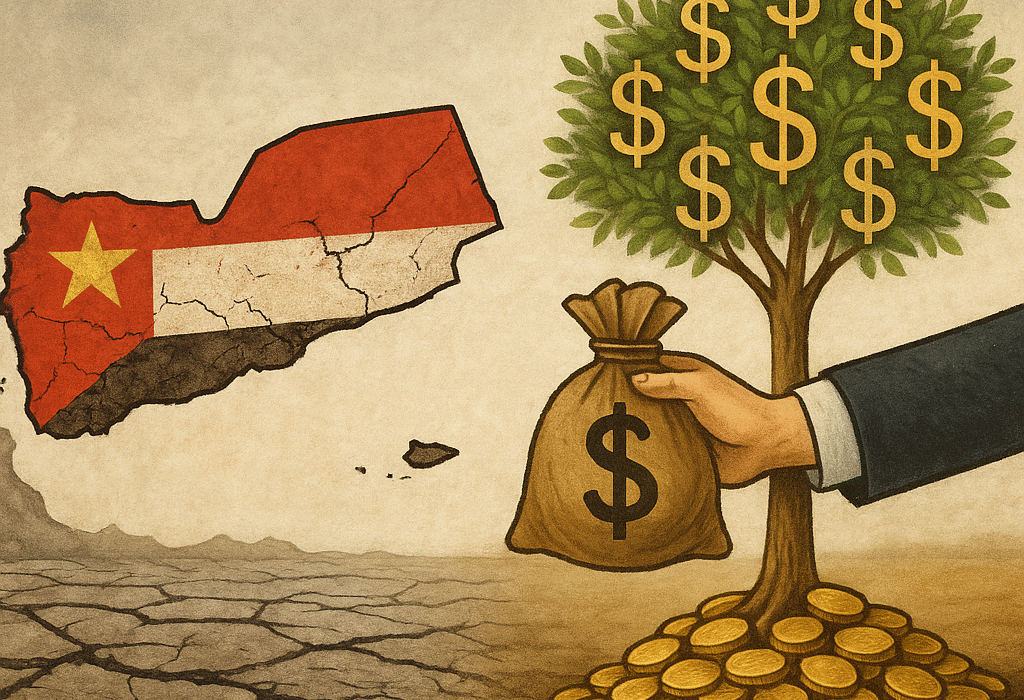by Mohammed Salem Mujawar
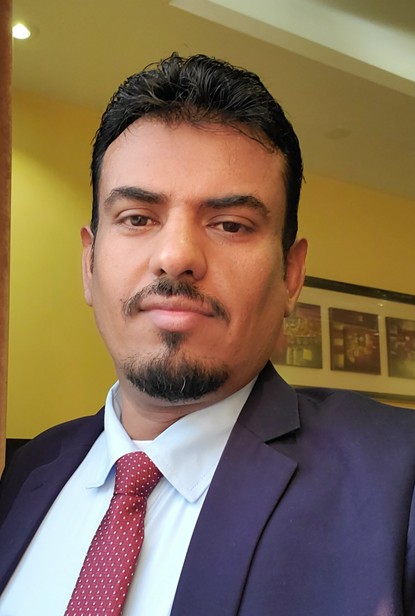
Over the past years, areas under the control of Yemen’s internationally recognized government, or what we call the “liberated areas,” have witnessed a rapid deterioration in all political and economic aspects, leading to a sharp decline in essential services such as electricity, water, sanitation, and more.
This decline was not due to the weakness of the state’s economy or resources, but rather the result of widespread financial and administrative corruption. Many political and military leaders became extremely wealthy by seizing revenue sources, exploiting their positions of power, and imposing illegal levies in the absence of regulatory oversight, which was deliberately neglected. To cover up their activities, some opened business ventures, many of which were money exchange offices, either privately or in partnership with businessmen, to launder misappropriated funds. Many others smuggled money abroad and purchased properties overseas.
Over the past five years, the country has witnessed the opening of hundreds, if not thousands, of money exchange offices engaging in currency speculation, especially after the division of the Central Bank, which created significant discrepancies in foreign currency exchange rates between government-controlled provinces and those under Houthi control. These exchange operators amassed enormous profits in short periods, and many of these offices turned into private banks, exploiting the weakness and corruption of the state while targeting the central bank to drain its functions. They succeeded in doing so, and these banks now control the country’s funds, salaries, and exchange rates, until the dollar reached approximately YER 790 in mid-2025. This caused extremely difficult living conditions, increased poverty rates, and left many families unable to secure their daily sustenance, while political authorities and parties remained ineffective and failing, concerned only with power struggles and expanding corruption.
Last July, significant efforts were initiated by the U.S. Embassy in Yemen through Chargé d’Affaires Mr. Jonathan Peachey, along with representatives from the U.S. Treasury Department. They issued an official statement recognizing the Central Bank of Yemen in Aden as the sole legitimate bank representing the government and called on Sana’a-based banks to comply.
Following that, the Americans held several meetings with Central Bank officials as well as representatives of the private banks engaged in currency speculation. They were compelled to comply with the Central Bank’s decisions, with clear warnings that anyone who fails to do so would be blacklisted, classified as a source of terrorist financing and money laundering, and prohibited from operating.
These meetings and subsequent Central Bank decisions produced real change and were highly effective, as the Yemeni rial partially recovered, stabilizing at around 1 USD = 425 YER, and it has remained at this fixed rate for almost a month.
The efforts led by the Americans should not be the last. Additional steps are required in the same direction to prevent these achievements from collapsing. The people are calling for comprehensive and genuine reforms, including accountability and punishment for all those responsible for these conditions, and the restitution of what was looted by political and military leaders. It is also necessary to form an international committee to monitor state resources, which are still being looted in some provinces and by some authorities, and to return them to their legitimate and official place in the Central Bank of Yemen. This would greatly contribute to stabilizing the currency and improving citizens’ living conditions.
Attached images..
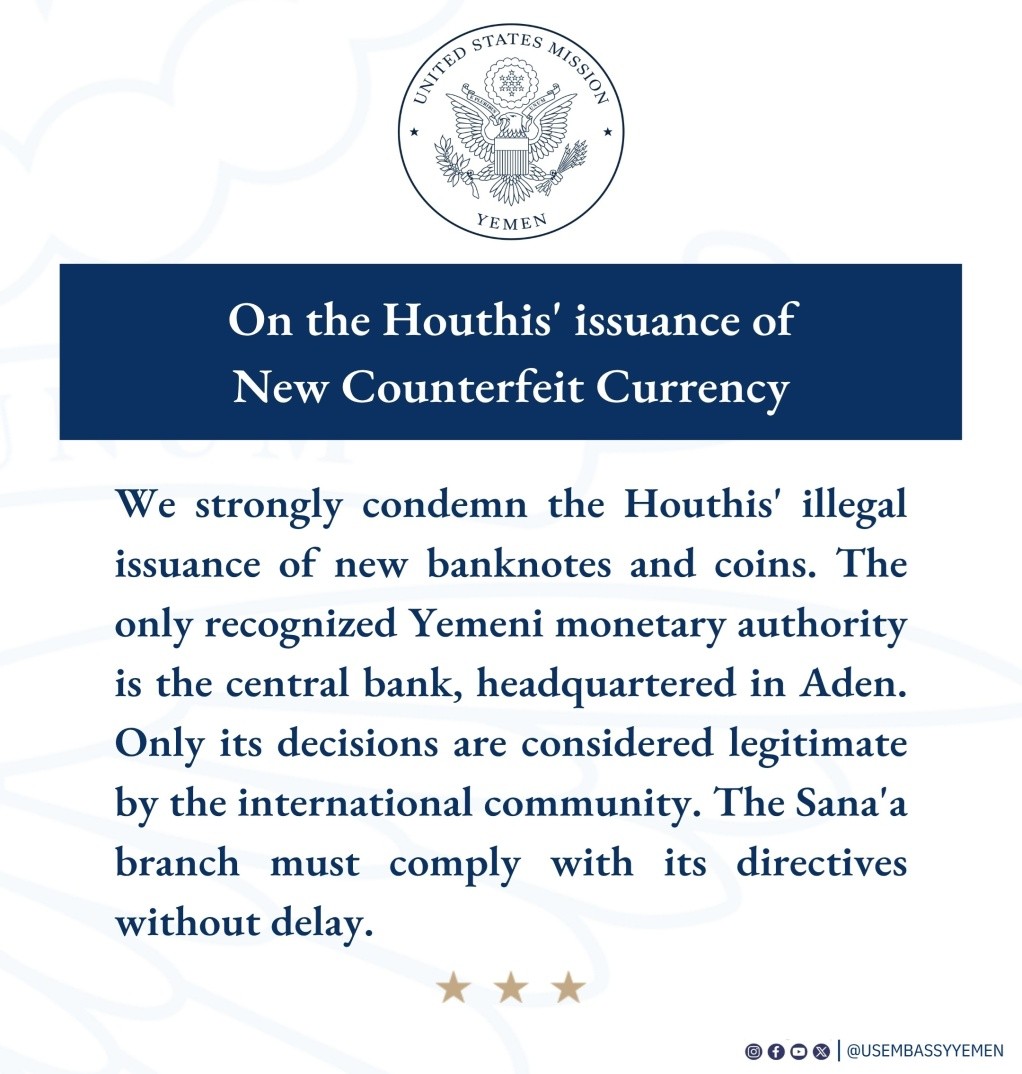
Image 1
A statement issued by the US Embassy in Yemen’s account and posted on the X platform on July 17th clearly condemns the Houthis after they printed new currency. The statement affirms that the only legitimate central bank is the one in Aden.
.
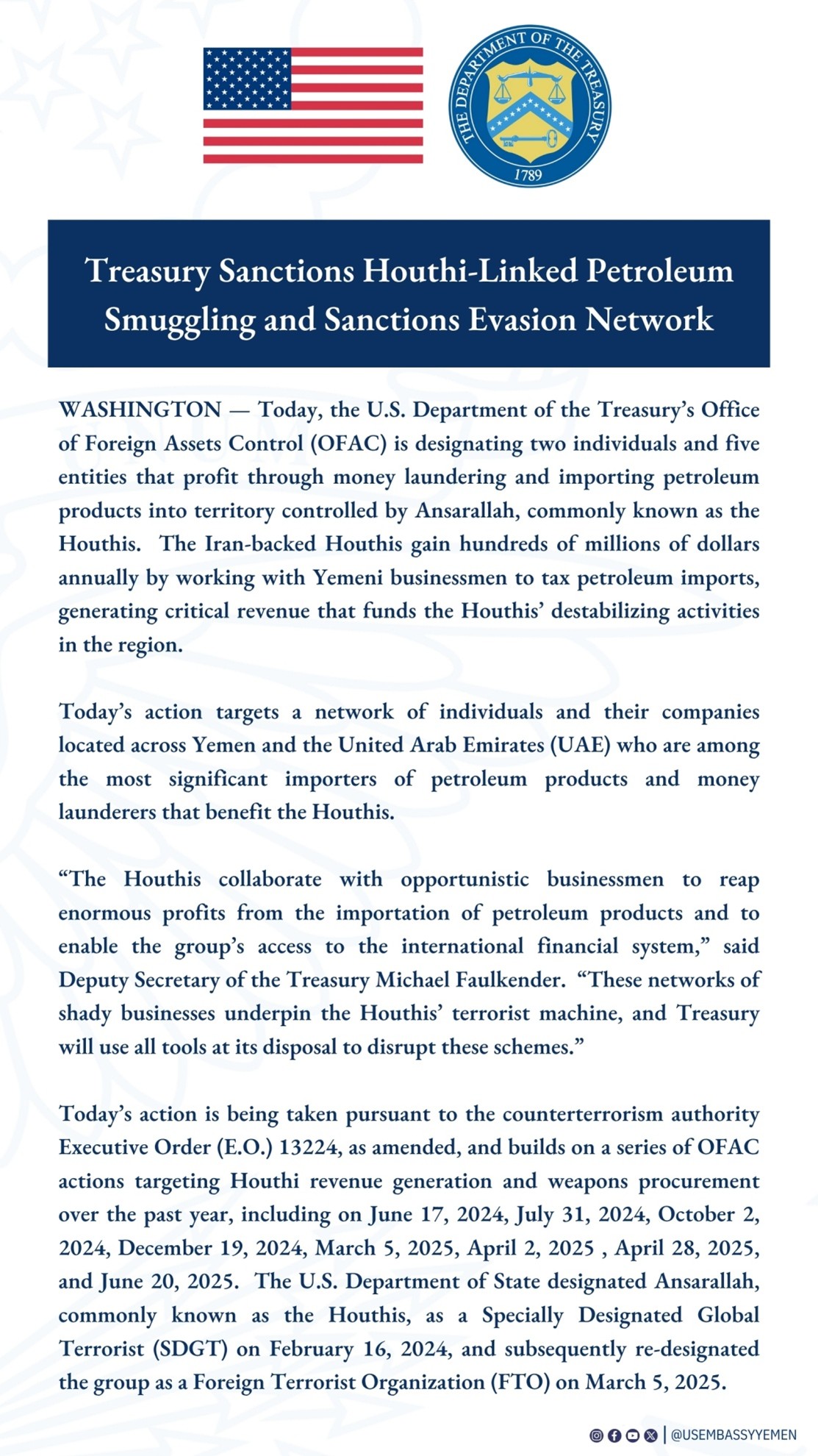
The US Treasury Department’s statement issued on July 22nd, imposing sanctions on international smuggling networks linked to the Houthis.
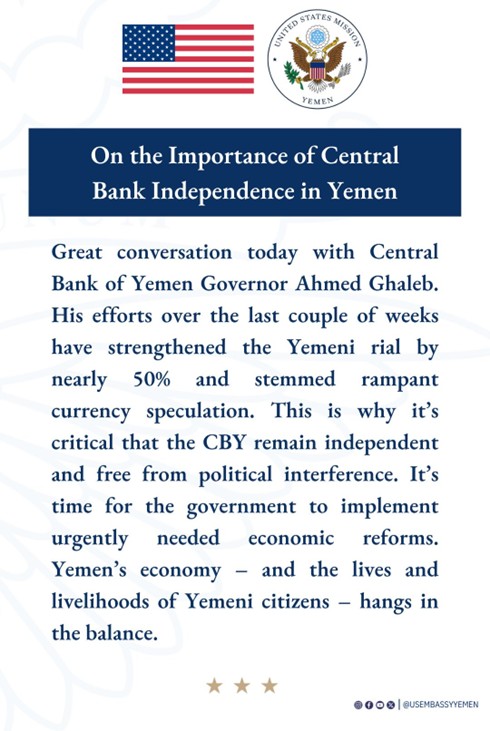
News published on the embassy’s page on August 7th confirms contact with the Director General of the Central Bank of Yemen after the Yemeni riyal recovered by nearly 50%.
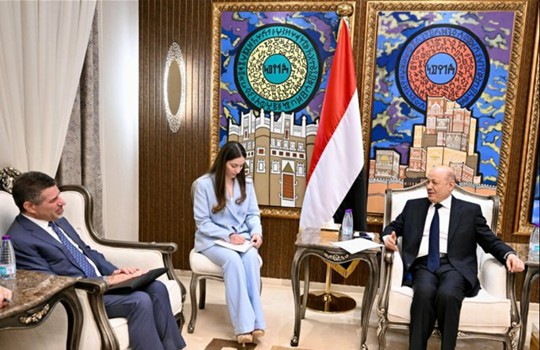
US Ambassador to Yemen Stephen Fagin meets with President Al-Alimi on September 4th to discuss economic reforms.

